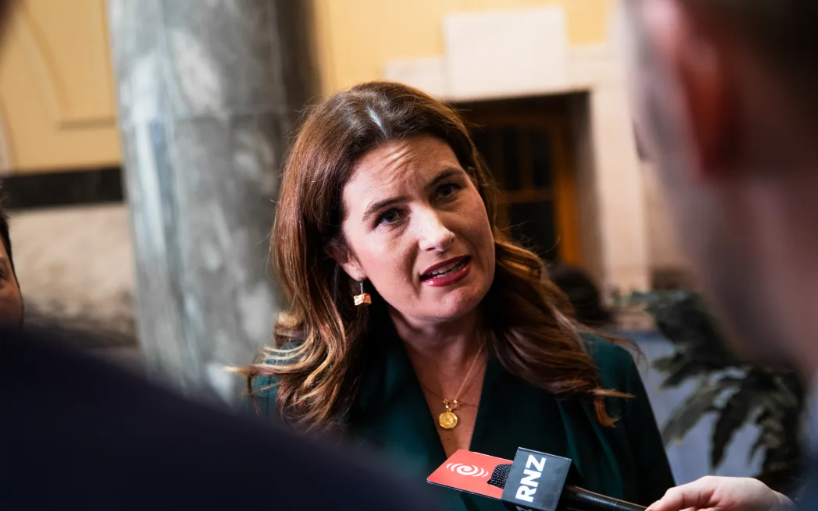Corstorphine resident Leslie Chave said he and his partner regularly used Dunedin Taxis — the local fleet of Blue Bubble Taxis — to navigate the city.
The pair live with disabilities, including cerebral palsy and intellectual and learning disabilities, and taxis were “very crucial” for day-to-day life, Mr Chave said.
They used taxis to buy groceries and get to GP and other health appointments, but would get frustrated and cancel the rides after waiting for hours.
“We use about three or four taxis within a day, but Sunday is a real bloody issue.
“We pre-order a taxi and it doesn’t show up and we ring up to find out where a taxi is … and [they] say ‘we’ve got no cars’.”
Evenings could also be “quite bad”.
He had once waited “for hours upon hours upon hours” for a taxi to pick him up from Dunedin Hospital, Mr Chave said.
His partner had tried to visit her mother on a Sunday, and despite pre-booking with plenty of notice, had not been picked up.
Neither of them owned a car and could find using public transport difficult, he said.
The pair signed up to the Otago Regional Council’s Total Mobility scheme in about mid-2024, which subsidises their travel.
Dunedin Taxis is the only taxi company in the city, aside from wheelchair-specific services, registered with the scheme.
Mr Chave said there had been between 10 and 20 instances of taxis not showing up, and it had been an ongoing problem for months.
“We just complain and complain, but it seems to be going in one ear and out the other.
“If they’re a taxi service and that’s what they can provide to get people around, any time of the day or night, they should be able to do that — without having people wait for hours on end and sometimes not showing up.”
Dunedin Taxis chairman Paul Oliver said he was “fully sympathetic” given the pair’s experience.
“We try and get our Total Mobility people done as soon as possible.
“If I’d known this was going on, we would have done something by now.”
The company was aware of the availability issue but had been dealing with a lack of cabs since the Covid-19 pandemic, Mr Oliver said.
Evenings and Sundays were times when there was less work for drivers, so fewer were showing up, but he was considering a “roster system”.
Dunedin Taxis had 44 shareholders, some with multiple cabs, who were not compelled to be out at any specific times other than to meet the minimum requirement of available cabs — which was normally two, he said.
“We try to look after the interests of everybody in Dunedin, from the biggest to the smallest jobs.
“We want to be dependable, and if we’re not performing, we want to know about it so we can fix it — and we can.”















